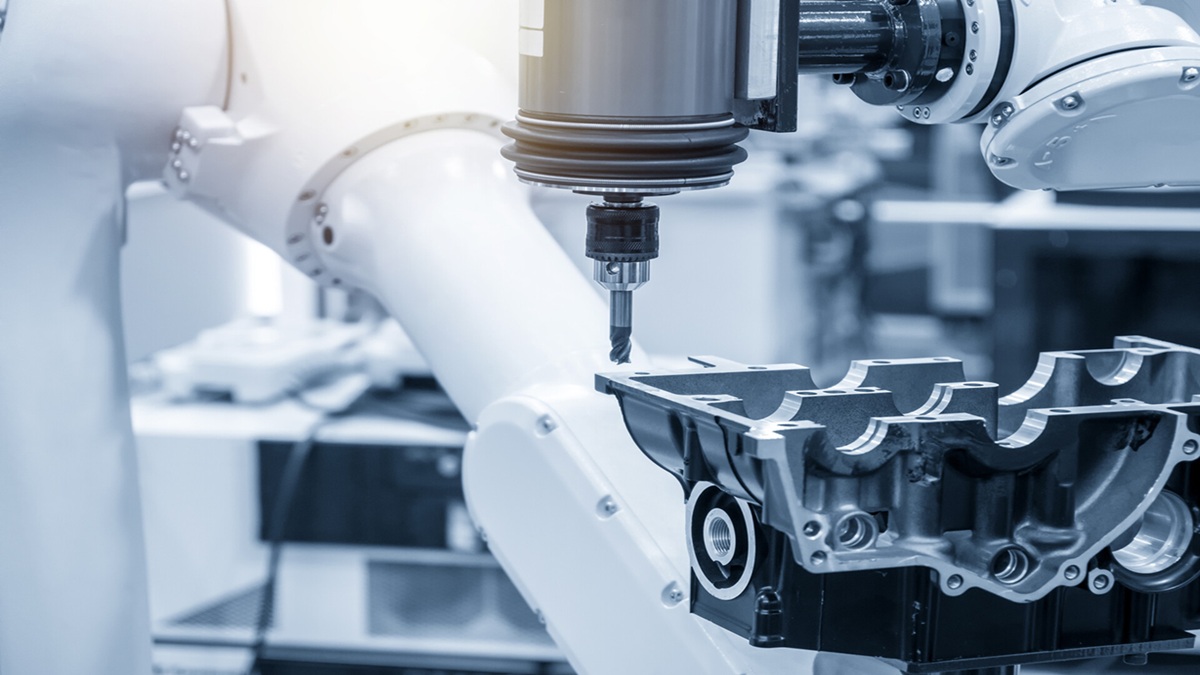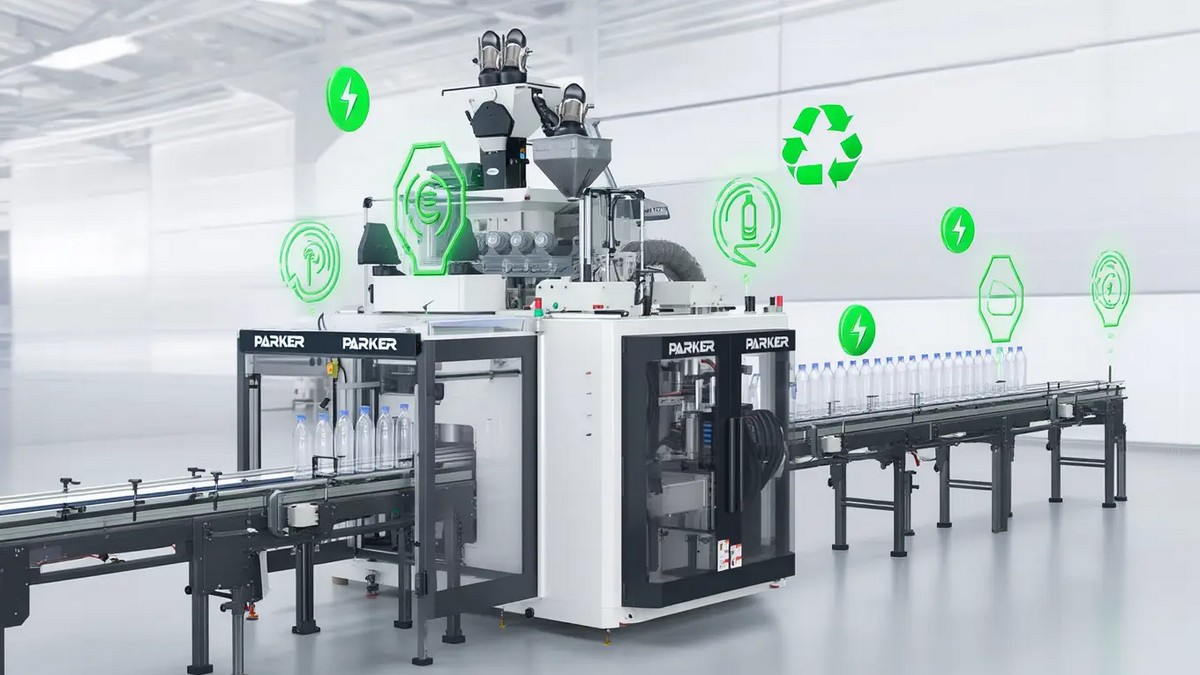The global manufacturing industry is facing an unprecedented green revolution, and the machine tool industry is at its epicenter. With the phased implementation of the EU's Carbon Border Adjustment Mechanism (CBAM) and strict Eco-design directives, carbon emission thresholds for mechanical equipment have become mandatory. This isn't just a rule for the European market; Asia and the U.S. are also tightening their energy-saving requirements, forcing global machine tool manufacturers to completely restructure their products and processes. Companies that fail to comply with the new green standards may be excluded from international supply chains. A new green competition, which will determine corporate survival and future market position, has begun.
Accelerated Adoption of Energy-Saving Technologies
In this wave of green transformation, simple "energy-saving" is no longer enough to meet the challenges. Machine tool manufacturers are actively adopting a series of composite smart energy-saving technologies to push energy efficiency to new heights. For example, using high-efficiency servo motors and variable frequency systems can effectively reduce unnecessary energy consumption, while AI-integrated machining parameter optimization systems can instantly adjust machine power to achieve optimal energy use.
Furthermore, to reduce their environmental footprint, Minimum Quantity Lubrication (MQL) and dry cutting technologies are becoming widespread, significantly lowering the environmental pollution and waste disposal costs associated with traditional cutting fluids. More importantly, through the integration of the Internet of Things (IoT) and big data analytics, factories can precisely monitor the energy consumption of each machine and manage their carbon footprint. The application of these technologies not only addresses customers' ESG (Environmental, Social, and Governance) requirements but also establishes a differentiated competitive advantage for companies in the international market.
Taiwanese Manufacturers Seize Green Opportunities
Facing the enormous challenge of global green transformation, Taiwanese machine tool manufacturers have demonstrated remarkable adaptability and foresight. Leveraging their comprehensive and flexible supply chains, Taiwanese companies have not only quickly mastered green manufacturing technologies but have also actively participated in international standard certifications. The Machine Tool Energy Saving Label and Carbon Inventory Handbook promoted by the TMBA (Taiwan Machine Tool & Accessory Builders' Association) are key to helping Taiwanese manufacturers align with international regulations. You can refer to the TMBA's official website for relevant information.
For example, Buffalo Machinery, a well-known domestic machine tool manufacturer, received a Gold Label in the 2025 TMBA Energy Label assessment. This information is available in the press release on Buffalo Machinery's official website. This is more than just an honor; it is a strong testament to the superior energy-saving performance of its products. In the future, these green labels will serve as an international passport, paving new roads for Taiwanese machine tools in the global market and allowing Taiwanese brands with ESG certifications to occupy a more prominent position in the global supply chain.
Market Insight: Entering the Era of Smart and Green
According to reports from multiple market research firms, the machine tool market is entering a new phase of growth. Relevant forecasts can be found in market reports from agencies like Grand View Research or The Business Research Company. In this new competitive landscape, smart, energy-efficient, and modular designs have become key advantages for manufacturers. Companies with comprehensive ESG certifications and green label technologies will no longer be followers but will become the ones who dictate market discourse.
The Asia-Pacific region is playing an increasingly important role in the global machine tool market, becoming the center of growth. By leveraging their advantages in technological innovation and supply chains, Taiwanese manufacturers have the opportunity to leap from regional leaders to global market leaders in this green revolution.
Green Shift: Who Leads the Machine Tool Market?
The machine tool industry is at the golden intersection of green transformation and smart upgrades. This is not just a technological revolution but a comprehensive upgrade of corporate strategy and brand value.
Companies that master energy-saving technologies and deeply integrate them with ESG paths and standard certifications will undoubtedly become the future market leaders. For Taiwanese companies, every investment made in green transformation today will determine their position in the future market.
This is a global change and an excellent opportunity for the Taiwanese machine tool industry to showcase its strength and overtake the competition.











.jpg)
.jpg)
.jpg)
